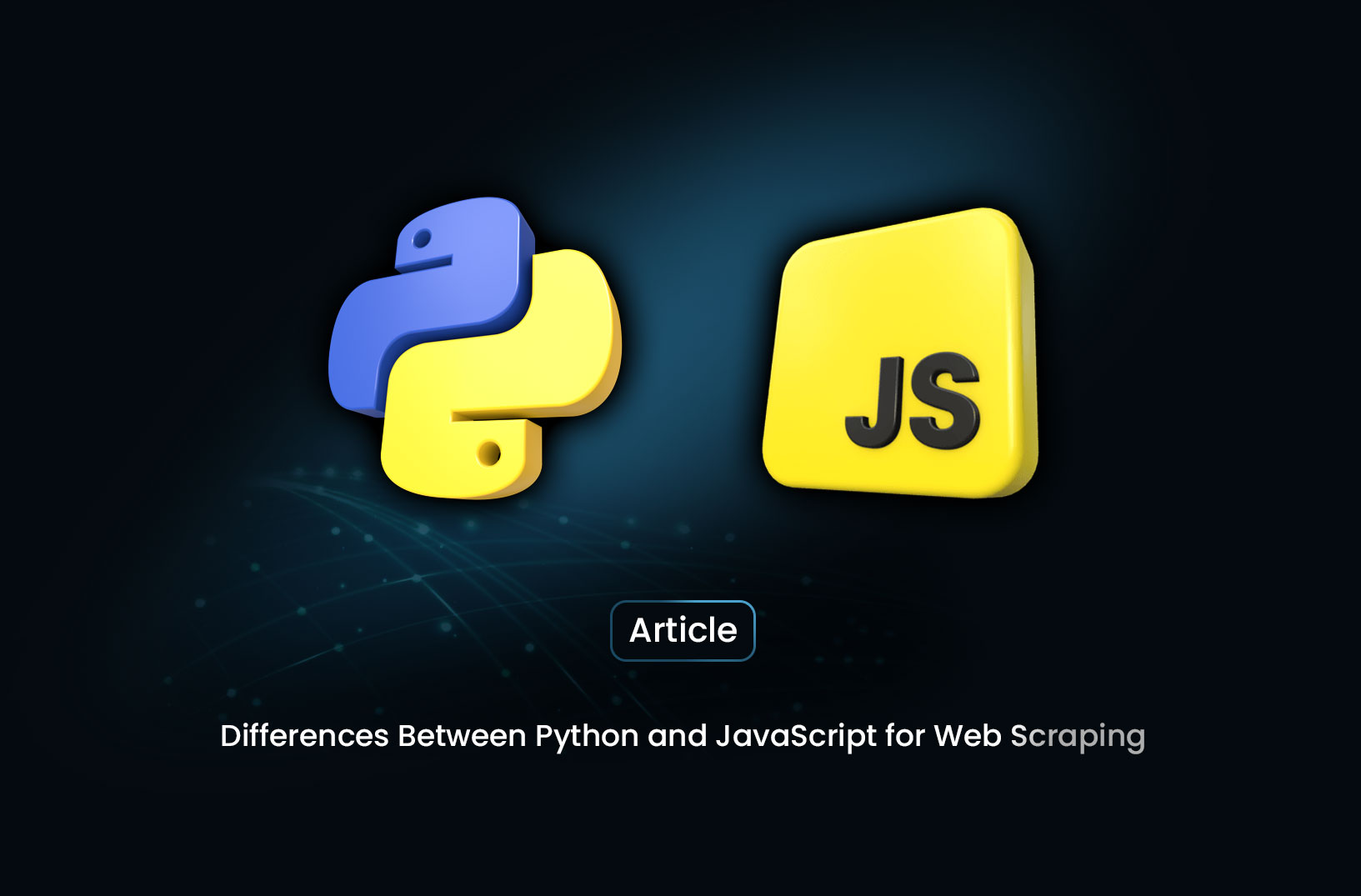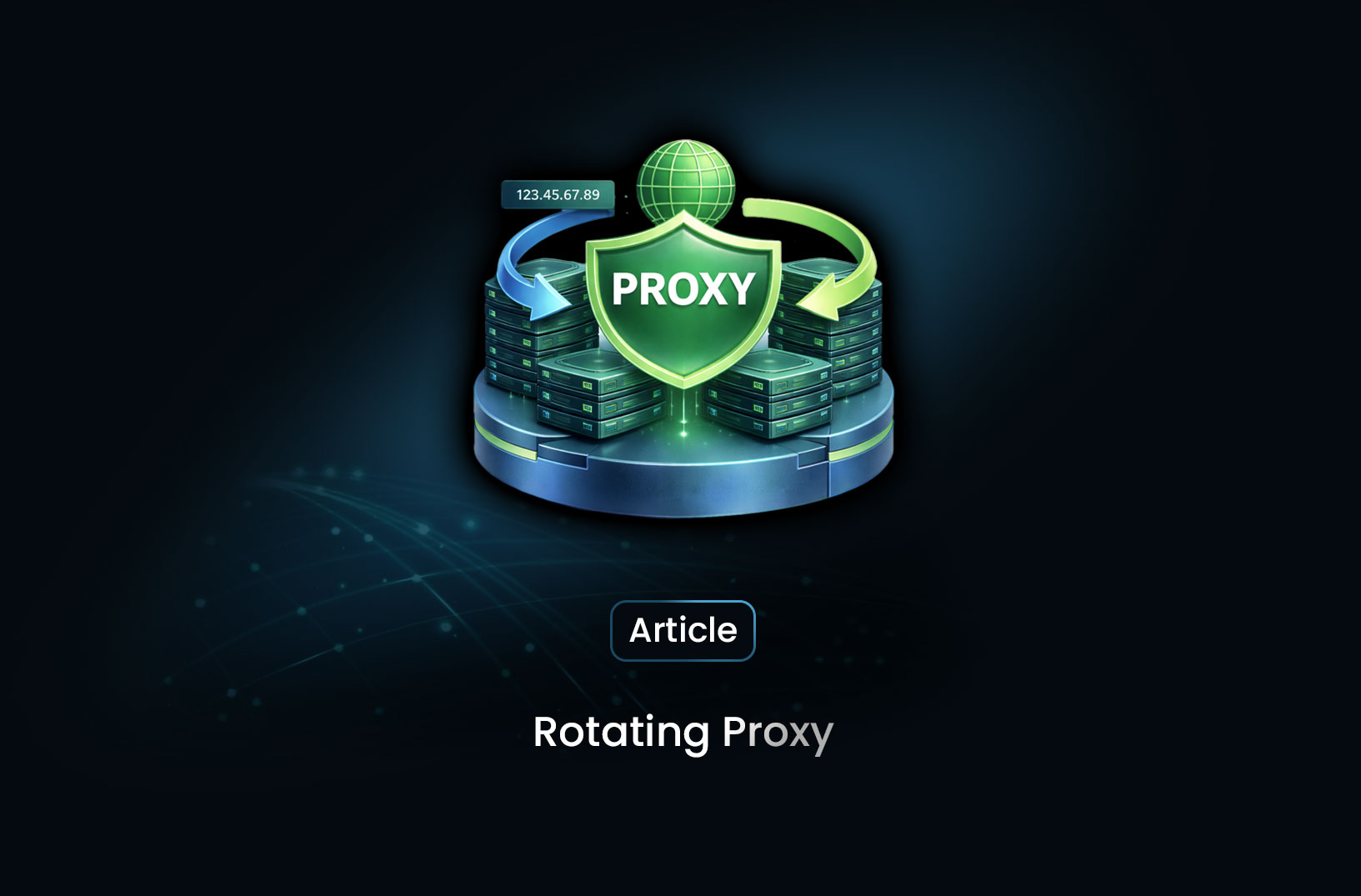
Differences Between Python and JavaScript for Web Scraping
ArticlePython is renowned for its simplicity and readability, making it a favorite among beginners and experts alike. It boasts a vast selection of libraries specifically designed for web scraping, such as BeautifulSoup, Scrapy, and Requests. JavaScript, on the other hand, excels in handling dynamic content and client-side interactions directly in web browsers.

Python and JavaScript are both popular programming languages, each with distinct features. In data science and web development, web scraping has become an essential technique for gathering vast amounts of data from the internet. At MrScraper, we specialize in providing tools to make web scraping easier and more efficient. But which language is best suited for web scraping tasks? Let's dive into the unique advantages of Python and JavaScript for web scraping.
Table of contents
- Key Features of Python
- Key Features of JavaScript
- Python vs JavaScript: Which is Better for Web Scraping?
- Conclusion
Key Features of Python
Python is renowned for its simplicity and readability, making it a favorite among beginners and experts alike. It boasts a vast selection of libraries specifically designed for web scraping, such as BeautifulSoup, Scrapy, and Requests. These libraries make it incredibly easy to send HTTP requests, parse HTML, and extract data.Learn more about Python libraries for web scraping. Additionally, Python’s extensive data analysis capabilities make it ideal for processing and analyzing scraped data.
Key Features of JavaScript
JavaScript, on the other hand, excels in handling dynamic content and client-side interactions directly in web browsers. It features various web scraping tools and libraries like Puppeteer and Cheerio, which are perfect for real-time data extraction and concurrent web scraping.Explore more about JavaScript web scraping tools. However, JavaScript has a steeper learning curve compared to Python and is less suitable for extensive data analysis tasks.
Python vs JavaScript: Which is Better for Web Scraping?
When it comes to ease of use, Python takes the lead with its simple syntax and comprehensive libraries. It's a versatile language that’s beginner-friendly and powerful for a range of tasks beyond web scraping. In contrast, JavaScript is more complex but excels in scenarios that require real-time data handling and interaction with dynamic web content.
In terms of speed and performance, JavaScript can be faster due to its asynchronous nature, which allows for concurrent web scraping. However, Python’s straightforward approach and extensive support for data extraction and analysis often make it the preferred choice for many web scraping projects. For detailed steps on converting cURL commands to Python for efficient web scraping, you can refer to our previous blog post here.
Conclusion
In conclusion, both Python and JavaScript offer unique advantages for web scraping. Python is ideal for those who prioritize simplicity and extensive data analysis capabilities, while JavaScript is perfect for handling dynamic content with speed and efficiency. Visit MrScraper to learn more and start your free trial today! For ethical web scraping practices, check out this guide on data privacy.
Find more insights here

6 Best Rotating Proxy Providers for Scraping
Discover the 6 best rotating proxy providers for scraping in 2026, with pricing, pool quality, and s...
.jpg)
How to Handle Timeouts in Python Requests
Learn how to handle timeouts in Python requests properly, including connect vs read timeouts, retrie...
.jpg)
What Is a Search Engine Rankings API and How It Powers Modern SEO
Learn what a Search Engine Rankings API is, how it works, key features, real use cases, and how it p...
